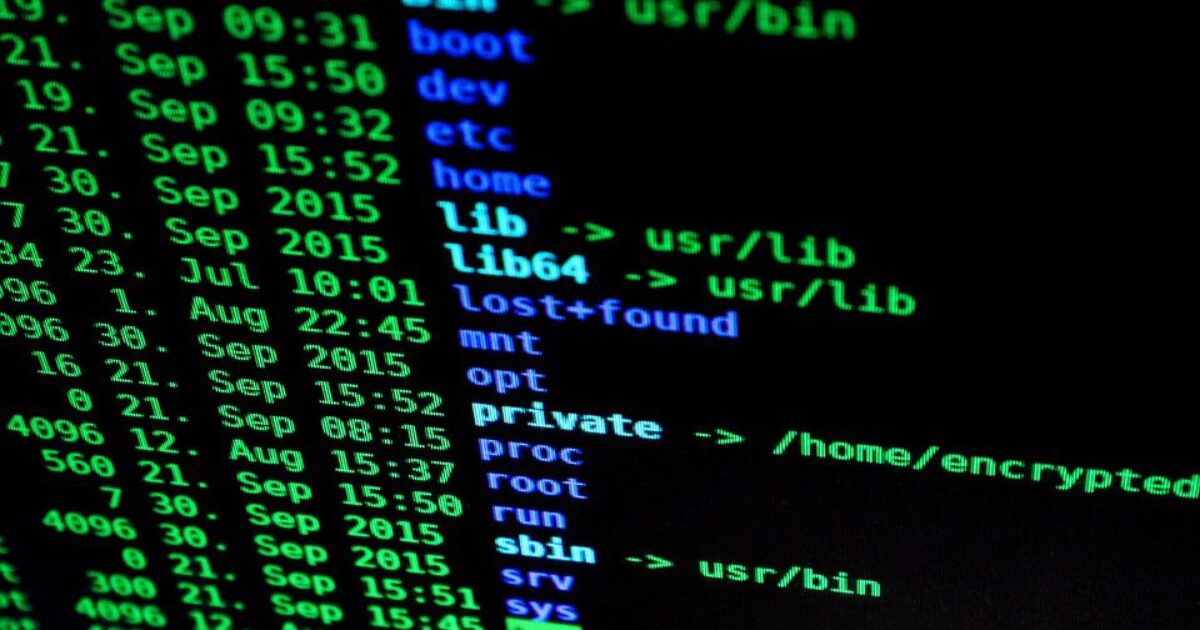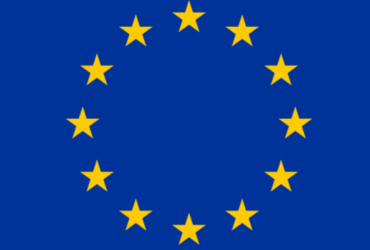On November 12, 2020, just nine days after the 2020 Presidential Election, CISA, the National Secretaries of State, and the Election Infrastructure Government Coordinating Council told us the 2020 election was “the most secure in American history.” Nine days later.
Of course, we have known about and reported on the vulnerabilities in the elections systems, whether it was a Michigan-based software firm that allegedly sent our data over to China, Iranians hacking into voter rolls in Florida, or Serbian programmers reportedly being utilized to write code for voting machines, among other issues. All of this while being called “conspiracy theorists” and labeled by Establishment “fact-checkers” as “mis-, dis- and mal-information.”
BREAKING “Dominion CEO John Poulos directed staff to conceal that Dominion has Serbian and Chinese employees operating out of its Canadian office and that these employees are directly involved the US elections, not only with programming, but with real-time, administrative… pic.twitter.com/WavgB2sgtr
— Peter Bernegger (@PeterBernegger) May 8, 2024
Michigan Lawyer Stefanie Lambert Arrested by US Marshals in DC Following Court Appearance — for Submitting “Evidence of Numerous Crimes” Including Internal Emails from Dominion Voting Systems to Law Enforcement via @gatewaypundit https://t.co/vxzgFy2upK
— The Gateway Pundit (@gatewaypundit) March 19, 2024
But now, after a “six-months-long investigation” undertaken by Politico, they apparently have come to the realization that our election systems and infrastructure is vulnerable. In a bizarrely timed article, Politico exposed “software misconfigured to connect to servers in Russia,” code that is “overseen by a Russian computer engineer convicted of manslaughter,” and even found that “a programmer had hard-coded the Ukrainian national anthem into the database, in an apparent gesture of solidarity with Kyiv.”
In the same article, in fact, in the very next paragraph, Politico laughingly cites New Hampshire officials that said that ‘None of the findings amounted to evidence of wrongdoing.’ Yes, that was a serious statement.
From Politico:
The probe unearthed some unwelcome surprises: software misconfigured to connect to servers in Russia and the use of open-source code — which is freely available online — overseen by a Russian computer engineer convicted of manslaughter, according to a person familiar with the examination and granted anonymity because they were not authorized to speak about it.
…
New Hampshire officials say the scan revealed another issue: A programmer had hard-coded the Ukrainian national anthem into the database, in an apparent gesture of solidarity with Kyiv.
And in the very next paragraph(s):
None of the findings amounted to evidence of wrongdoing, the officials said, and the company resolved the issues before the new database came into use ahead of the presidential vote this spring.
This was “a disaster averted,” said the person familiar with the probe, citing the risk that hackers could have exploited the first two issues to surreptitiously edit the state’s voter rolls, or use them and the presence of the Ukrainian national anthem to stoke election conspiracies.
It is hard to take this type of “journalism” seriously. Why else would you “misconfigure” critical election infrastructure to connect to Russian servers? Just a convenient error to send our data to a “threat” nation?
Politico then goes on to cite a lack of a “uniform or rigorous system to verify what goes into software used on Election Day and whether it is secure.” They then claim that both federal and state officials “have tried to bring greater attention to these flaws” but have had to deal with “critics who resist ‘federalization’ of state election processes.”
There it is. The push to ‘federalize’ our elections.
And in perhaps the most shocking of statements in the Politico piece, they write:
The fear, current and former election officials said, is less a far-reaching hack that flips enough votes to swing an election than small, localized errors or attacks that undermine confidence in the ballot — or empower dishonest candidates to mount legal challenges to the results.
Let me get this straight: they’re not worried about these hacks being used to flip votes and swing an election, but rather that it could dissuade confidence in the ballot or empower legal challenges by candidates? Are you serious?
The Gateway Pundit has previously reported on the ‘federalization’ of our elections via the Department of Homeland Security entering into free contracts with state and county election entities to provide them with security measures via the Center for Internet Security, which is an umbrella for the EI-ISAC. The EI-ISAC was a critical component of the 2020 election censorship apparatus, as identified in The Long Fuse report from the DFR Labs, Stanford Internet Observatory, and University of Washington, among others.
TLP-AMBER_EI-Subsector-Cyber-Risk-Summary (1)
Our voting machines’ software is currently tested by two private entities, at least one of whom had expired accreditations according to the public-facing Elections Assistance Commission (EAC) website. Those two entities, Pro V&V and SLI Compliance, are contracted not by the government and/or election offices who’s equipment they are testing, but rather by the election machine vendors themselves.
One of the testing companies explicitly writes on their website:
Pro V&V exists to help its clients comply with regulations in systems and software testing in the most efficient and professional manner possible, and will always be dedicated to verifying your products to your satisfaction.”
Who’s satisfaction? Their clients. Who are the “clients?” Not the government, but the election machine manufacturers themselves.
The EAC has no requirements for voter registration databases and other election systems outside the tabulators and electronic poll books.
For this reason, the Politico article seems to be more focused on the voter rolls rather than the voting machines:
If the last two elections offer any indication, voter registration databases are one of the most vulnerable targets for foreign hackers because — unlike voting machines — they must be accessible over the internet in order to operate.
…
In the worst-case scenario, hackers could manipulate a state’s voter list, adding fictitious people to the rolls, changing real voters’ information or directing voters to the wrong polling places on Election Day.
Despite an election security expert and computer scientist from the Lawrence Livermore National Labratory saying that “Outsourcing, even indirectly, to an international source is just asking for trouble, the article fittingly ends with a quote from New Hampshire’s Secretary of State, David Scanlan:
“The biggest challenge facing election administrators in this upcoming 2024 election cycle is trying to create a climate where we can restore the trust and confidence” in the election process, he said.
That job is challenging, he continued, because many of those systems now “use computer code and are highly technical.” And, he said, “things can go wrong.”
Fitting. The biggest concern isn’t outsourced programming that could directly result in compromised elections. No, its confidence in the election system and trusting the experts who say its “the most secure election in American history” while at the same time, concealing a damning report from before the 2020 election about just how vulnerable our systems are.
TLP-AMBER_EI-Subsector-Cyber-Risk-Summary (1)
The post Politico Reveals Evidence of Election Hacking “Blind Spot” in “Six-Month-Long Investigation” – Russian Server Connections and Ukrainian National Anthem Found in Code appeared first on The Gateway Pundit.











